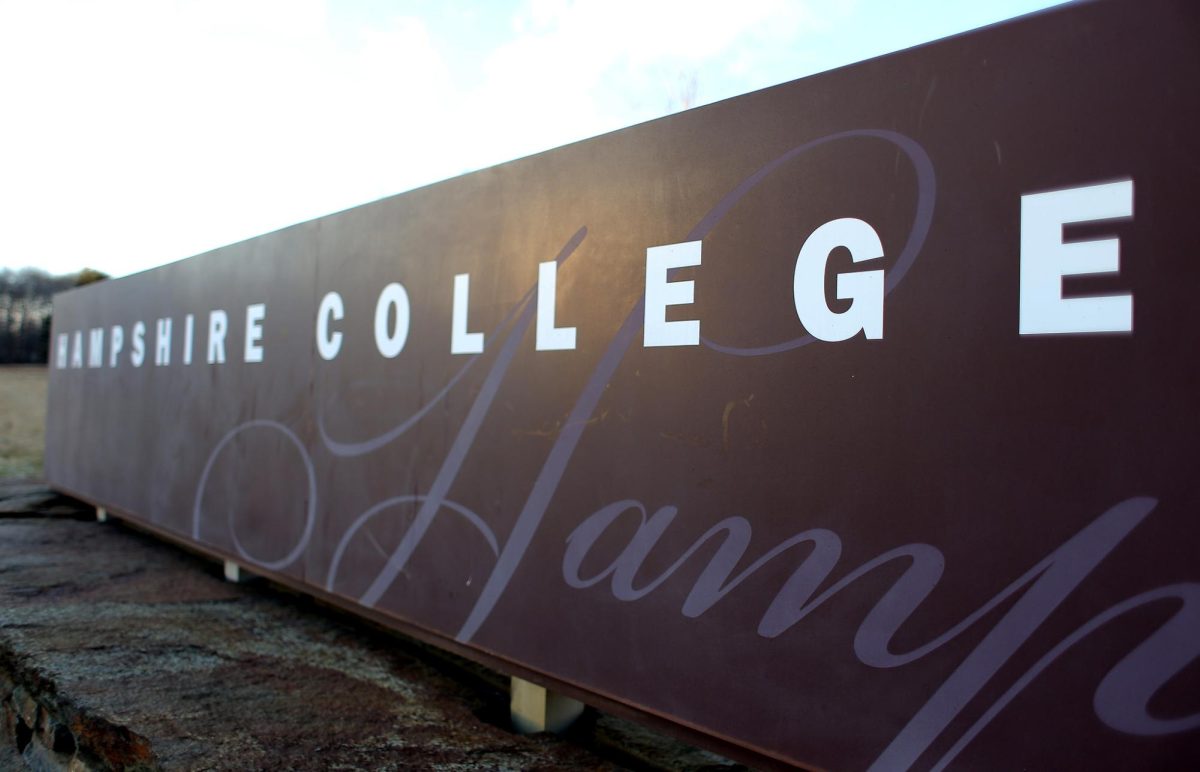Kathy Roberts Forde did not try to hide anything at the beginning of her lecture Thursday afternoon.
“The United States was founded on the ideals of freedom and equality, but it was also founded on a system of racial caste and white supremacy,” the associate professor and journalism department chair said. “These contradictory and irreconcilable principles, enshrined in our country’s political charter, still deeply structure American life.”
Forde, who gave the Cole Lecture titled “Journalism and the Enduring Struggle for Racial Justice” at the Integrated Learning Center, is a 20th century American journalism historian whose research includes the First Amendment, the African American freedom struggle, literary journalism, and history of the book and print culture.
Her lecture was an overall statement on how the role of journalism has played a role in and shaped America’s ongoing struggle for racial justice. Forde explained how news enterprises and journalists themselves have influenced and “helped construct racial categories such as whiteness and blackness.”
She stated that these institutions “rarely challenged these practices and actively worked to remove racism from our country’s laws, norms, attitudes and policies.”
Forde attempted to highlight the potential flaws with taking an attitude of “objectivity and neutrality” rather than of “protest, agitation and advocacy.”
Before delving into four examples that demonstrated the role of journalism in “creating and maintaining, and sometimes challenging and dismantling these systems of racial oppression,” Forde first established the history of racial caste and current systems of oppression in our country today.
“Racial caste has endured as a singularly destructive force in our national life, excluding many people of color across ethnic, racial and gender class lines from the full benefits of citizenship, while systematically delimiting their social and economic opportunities,” Forde said. “The idea of race as skin color, ideas about who is black, who is white, who is somewhere in between, have been used to define who is a citizen and who is not a citizen.”
The lecture began with the progressive era – “when news institutions, editors and journalists had developed a shared professional set of standards such as commitments to the gathering and verification of facts, truth telling, the monitoring of state and corporate power as a watchdog, and, for the muckraking press, a social reform agenda.” Forde then moved through time to discuss the Civil Rights movement, ending in the present day and the mass incarceration of African Americans.
“It’s not that these kinds of happenings are new,” she said. “It’s just that lately, journalists and the public are now paying attention.”
She added, “African Americans, black Americans and their allies, across racial and ethnic groups both in this country and around the world have had to struggle to undo, to unmake, to destroy each system and to try to create just systems in their place.”
Forde spoke of the hidden politics of journalists including the sphere of deviance, or what are not cultural or social norms, which usually receives degrading reports, the sphere of controversy, which often receives multiple perspectives, and the sphere of consensus, which usually assumes cultural agreement with no debate. These spheres relate back to what was published in different parts of the country during different events throughout history, she said. For instance, a newspaper in New York might have different headlines with different connotations than a newspaper in Georgia regarding the same event.
Above all, Forde emphasized the importance of becoming “self-conscious and aware of the assumptions and common sense knowledge, the received wisdom, that makes up (a student’s) worldview; to be aware of it, and pull those assumptions and hidden views out into the front so that you’re aware of them.”
She reminded students and their professors that “all movements need journalism.”
Forde added, “In certain moments, in certain times, with certain issues, journalists should not stand behind the veil and the excuse of objectivity and neutrality. I would like to see journalism involved in a much more robust, profound and far-reaching conversation about whether and how journalism can more fully serve democratic and civil ideals of justice, freedom and equality.”
Rachel Walman can be reached at [email protected].


















